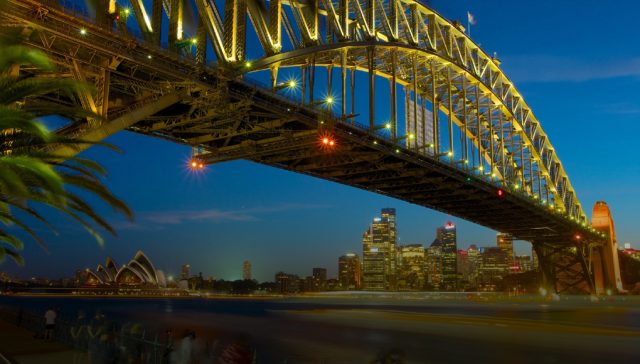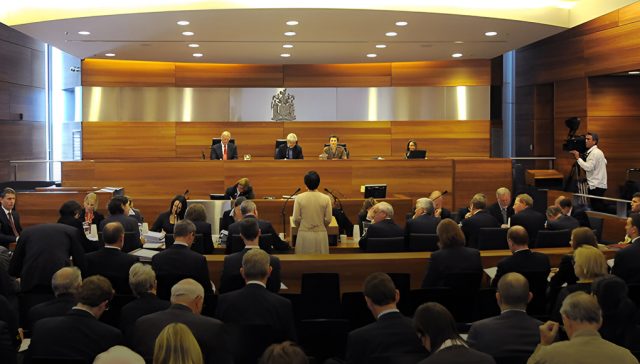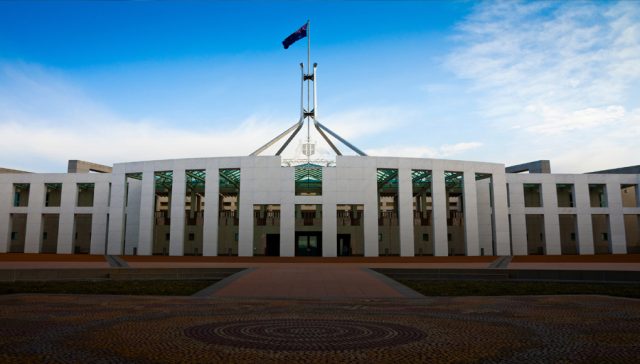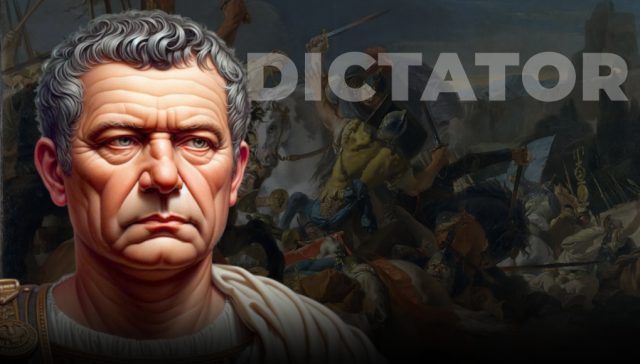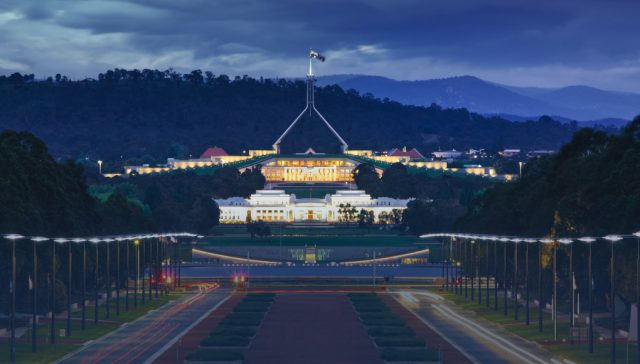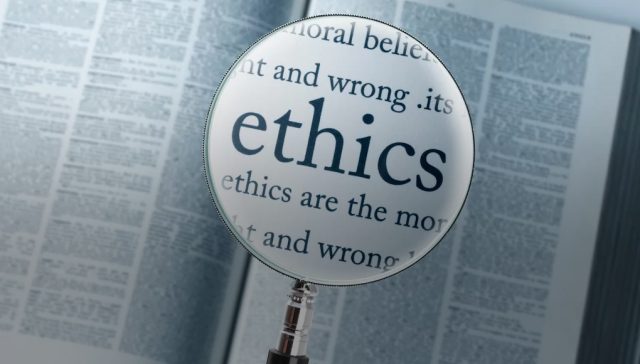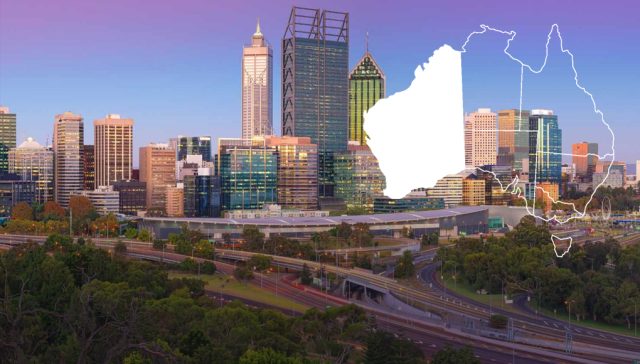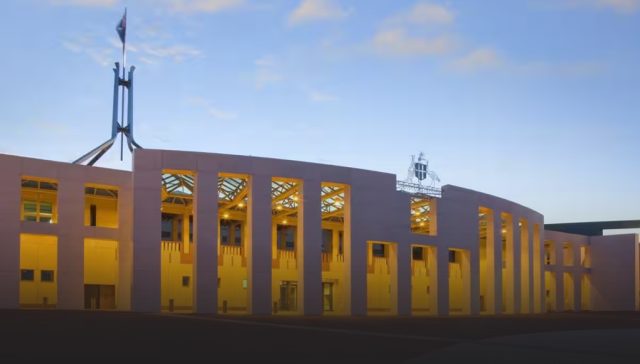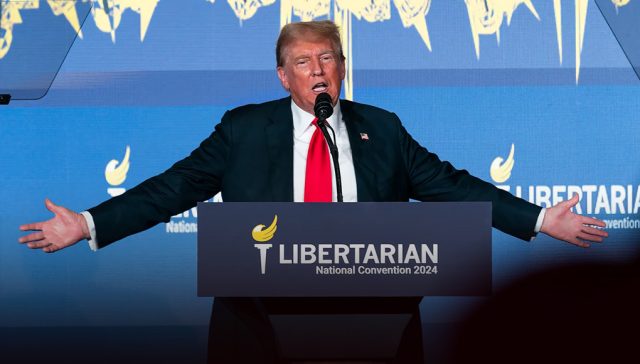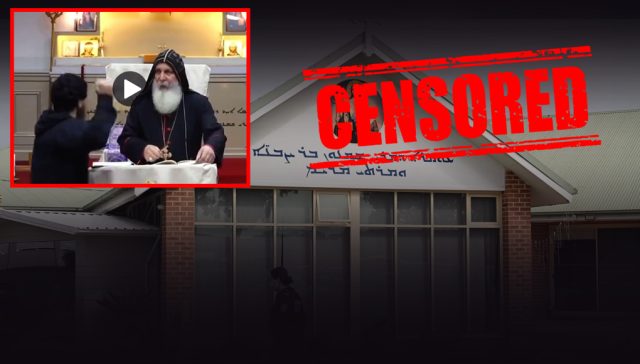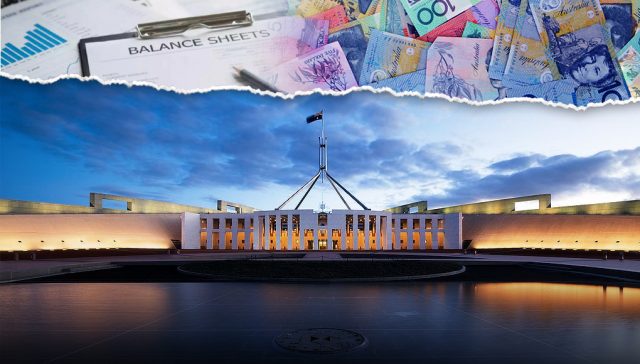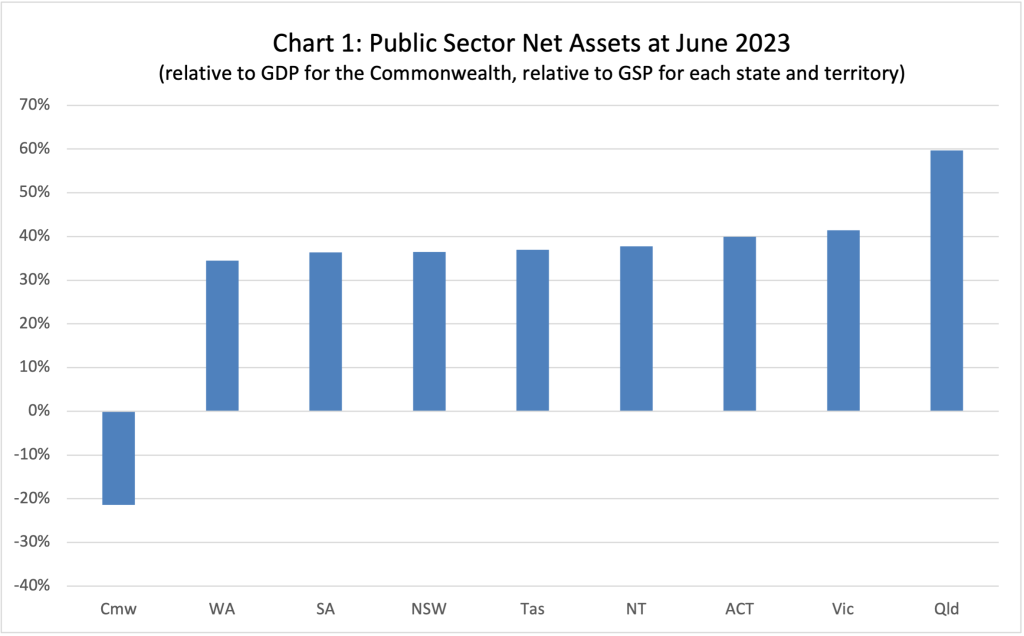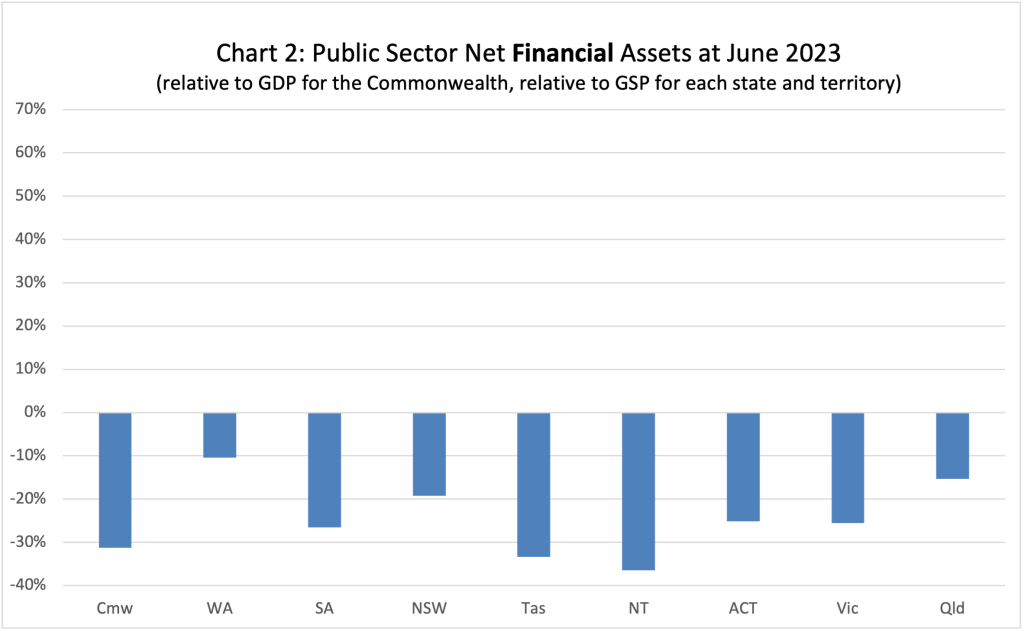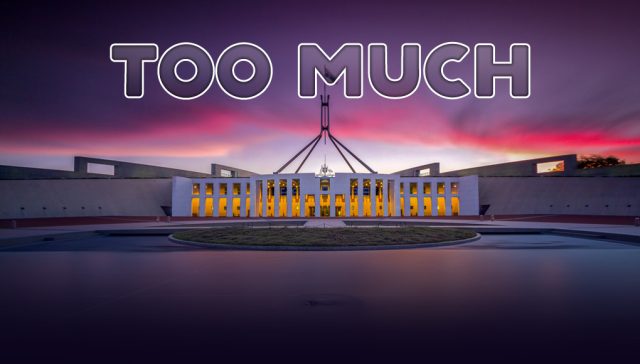The Dangerous Use of the Military
Ever since the Romans, standing armies have been viewed with deep suspicion. They are expensive to maintain, which often leads to onerous taxation, and they have an appalling record as instruments of oppression.
In Blackstone’s 1768 Commentaries on the Laws of England, Henry St. George Tucker wrote: “Wherever standing armies are kept up, and when the right of the people to keep and bear arms is, under any colour or pretext whatsoever, prohibited, liberty, if not already annihilated, is on the brink of destruction.”
America’s founding fathers were of the same opinion. Having freed themselves of British military tyranny, they were in no hurry to suffer the same fate at the hands of their own government. Alexander Hamilton thought Congress should vote every two years “upon the propriety of keeping a military force on foot”, while Thomas Jefferson suggested the Greeks and Romans were wise “to put into the hands of their rulers no such engine of oppression as a standing army.” James Madison wrote: “Throughout all Europe, the armies kept up under the pretext of defending, have enslaved the people.”
Standing armies remain a threat to liberty, much as they were in the time of the Romans.
In the twentieth century, with the growth in technology, a well-trained professional military became difficult to avoid. Some democracies, Switzerland being a well-known example, created a small full-time professional core but retained its reliance on citizen militia. Most others sought to limit the use of the military to national defence. Every dictatorship, by contrast, has used its military to retain power.
Our Australian Defence Force, while not enjoying the status of the military in Israel or America, nonetheless has widespread community support. It is also seen as professional and competent, if seriously under equipped, with no political agenda other than a growing trend towards wokeness.
Its role is also notionally limited to national defence, despite occasionally getting involved in such things as delivering relief supplies, erecting field hospitals or evacuating those affected by natural disasters. This is reinforced by the constitution, which nominates the Governor-General as commander in chief, not the Prime Minister, Defence Minister or state premiers.
But things have changed over the last few years. The ADF has not only provided logistics support during major bushfires, but has also engaged with police in traffic control. And during the Covid restrictions it worked alongside police to enforce border closures and quarantine and, in Victoria, to enforce a prolonged severe lockdown. A very important line was crossed.
Sections 92 and 117 of the constitution guarantee free movement of people and trade between the states. Although the High Court decided to allow WA’s border closures during the Covid period, many legal scholars believe it could go the other way in a similar case. For the ADF to have helped enforce border closures that might be unconstitutional is a particularly serious concern.
Our Australian Defence Force, while not enjoying the status of the military in Israel or America, nonetheless has widespread community support.
As for Victoria’s lockdowns, the implications for the ADF were worse by an order of magnitude. With the authority of a state of emergency, Victorian police were given extremely wide powers including the right to enter premises without a warrant, to enforce rules on exercise, working from home, wearing a mask, home quarantine, distance from home and essential work.
They attacked people walking peacefully and socially distanced, questioned and threatened those who post on Facebook about going walking, broke down doors and arrested those who advocated protests about the loss of freedom, and selectively arrested those who actually protested. Moreover, much of this occurred with a degree of thuggish enthusiasm that would be familiar to any of the last century’s dictators.
The only reason the police were able to do all this was because of the broad backup provided by the ADF. They could never have done it without them.
The ADF needs to focus on its national defence role. Indeed, given the worsening situation with China, that ought to be its only purpose. Perhaps it might have a role occasionally in providing relief during emergencies, but it should have absolutely no role in law enforcement, even indirectly.
Standing armies remain a threat to liberty, much as they were in the time of the Romans. We should not tolerate the ADF diminishing our liberty.

David Leyonhjelm was an Australian Senator from 2014 to 2019 representing New South Wales for the Liberal Democratic Party. Notable for his libertarian consistency, David’s work in Senate Estimates attracted acclaim worldwide for its forensic examination of government
waste. Professionally, he is a veterinarian and agribusiness consultant.







